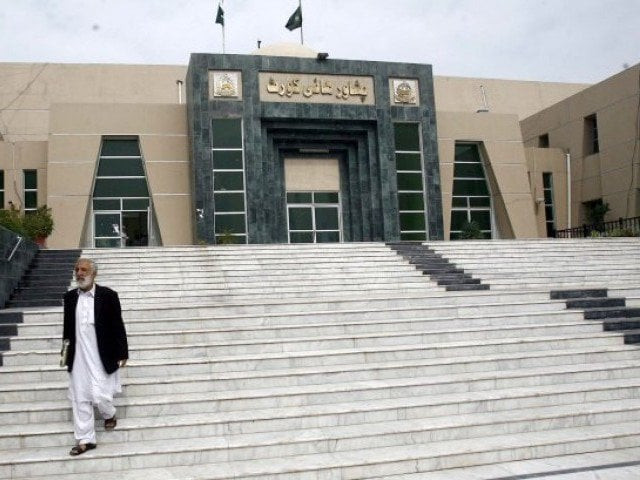FATA governance rules face court challenge
Petition filed in PHC says new legal system violates constitution

According to him, the Qaumi Jirga had also been empowered with judiciary’s functions which was in violation to Constitution.
PHOTO: EXPRESS
Ali Azim Afridi, a lawyer of the PHC, asserted that the regulations violated constitutional provisions, guaranteeing fundamental rights, independence of the judiciary and its separation from the executive.
The new set of rules was promulgated by the president before the merger of the now defunct Federally Administered Tribal Areas (FATA) with Khyber Pakhtunkhwa (K-P).
“It (the interim regulations) violate constitutional provisions relating to the separation of the judiciary as commissioners (will be required to) act as judges,” said the writ petition.
Afridi requested the court to declare the Interim Regulations notified on May 29 this year unconstitutional and violated the principles of the separation of the judiciary from the executive.
Despite the extension of the judiciary’s jurisdiction over tribal districts after the merger with K-P, judicial powers, previously exercised by political agents, would now be performed by deputy commissioners … And that too for an unspecified ‘interim period’.
In utter disregard of judicial norms, the petition stated, the “deputy commissioner has been allowed to nominate (members of the) council of elders for settling civil disputes whereas a like-minded individual termed ‘judge’, is allowed to nominate the council of elders for settling the disputes of criminal nature.”
FATA interim regulations challenged in PHC
According to him, the Qaumi Jirga had also been empowered with judiciary’s functions which was in violation to Constitution.
In an unprecedented move, the petitioner said, commissioners had been allowed to settle objections raised in connection with nominations of the council of elders.
The FATA Interim Regulations provides an interim system of administration of justice, maintenance of peace and good governance.
Former Fata agencies have now been re-designated as Tribal Districts whereas Tehsils and Frontier Regions as sub-divisions.
Meanwhile, the bureaucrats serving in place of political agents and APAs have now been empowered to act as judges, said the petition.
“It is also provided that the deputy commissioners may also (grant a) pardon to an accomplice in lieu of Section 337 of the Criminal Procedure Code 1898,” said the petitioner.
FATA merger: Merged areas need greater attention
Federal Secretary Ministry of Law and Justice, The President through his principal secretary, the secretary of the ministry of States and Frontier Regions (SAFRON), provincial secretaries of law, parliamentary affairs and human rights and home and tribal affairs have all been named as respondents in the case.
“The interim governance regulation violates provisions of the Constitution guaranteeing fundamental rights, independence of the judiciary (and) its separation from the executive.”
“It impinges upon the notion of independence of the judiciary.”
Azim Afridi requested the court to declare the interim governance regulation in violation of the Constitution and restrain the government from allowing officials of the executive to use judicial powers.



















COMMENTS
Comments are moderated and generally will be posted if they are on-topic and not abusive.
For more information, please see our Comments FAQ